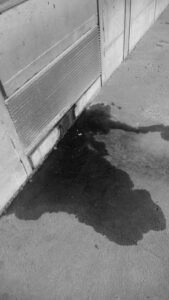Protecting the environment is a priority for many homeowners these days. The problem is that it can’t be as a high a priority as your heating system in Portland home. Sure, you want your home to be environmentally friendly, but you need it to be warm.
So, it seems you are forced to run your electric or high efficiency furnace as much as is necessary and hope that it’s not too much for the environment — or your wallet — to take.
Beyond the traditional heating methods of electricity, gas, oil and what have you, there are some alternatives out on the market these days that can keep your home warm while also being green.
Geothermal
One solution is geothermal heat, which harnesses the natural heat of the Earth to warm your home. Pipes filled with coolant run through the ground outside your home, absorbing the warmth of the Earth. Then, the warm coolant is pumped into your home through a network of pipes that radiate heat.
This method is effective and requires no additional fuel or energy.
Micro Combined Heat and Power (MCHP) Systems
Relatively new to the game are so-called MCHP systems. These heating systems have on-board power generators with high-efficiency computer modules attached. The power module interfaces with the thermostat, calling for heat when necessary. That activates the generator system, which quietly and efficiently generates all the necessary power to run the heater.
These systems are incredibly efficient and can slash the cost of your heating bill. As an added benefit, they continue to work during power outages, which has obvious utility in areas that experience harsh winter storms.
Solar
Then, of course, there is the most obvious and readily available source of heat to the whole planet: the sun. Solar heating systems can be either active or passive, which essentially just depends on whether additional specialized equipment is to be installed.
Obviously, solar heating systems are a better choice for areas that get a lot of sunlight year round.
Whichever environmentally friendly heating solution you choose, they have the added benefit of lowering your heating bill, which is always welcome. Call Clean Air Act if you have any questions




Join Us Online